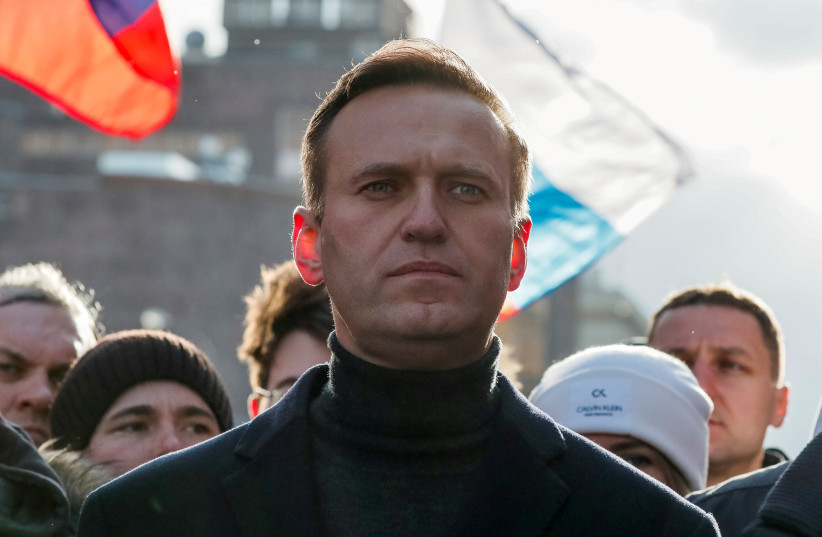The United Nations Special Rapporteur on torture on Wednesday called on Russia to provide jailed opposition leader Alexei Navalny with "urgent and comprehensive" medical care following reports that his health was deteriorating.
Navalny's supporters said last month that he was suffering from significant stomach pain in jail, which they said could be a sign of some sort of slow acting poison.
'Deteriorating state of Mr. Navalny's health'
"I am distressed by the deteriorating state of Mr. Navalny's health and the apparent lack of satisfactory diagnosis and medical treatment," Alice Edwards, the UN Special Rapporteur on torture and other cruel, inhuman or degrading treatment or punishment, said in a statement.

Russia's penitentiary service has in the past denied allegations that its employees have mistreated Navalny and has said he has always been granted medical treatment when needed.
Navalny voluntarily returned to Russia in 2021 from Germany, where he had been treated for what Western laboratory tests showed was an attempt to poison him with a nerve agent in Siberia in 2020.
"He must immediately and continuously be provided with adequate care, including comprehensive medical check-ups, treatment and monitoring of his health situation in a civil hospital," Edwards said.
The 46-year-old Navalny is serving combined sentences of 11-1/2 years for fraud and contempt of court on charges he says were trumped up to silence him.
Russian authorities say Navalny and his supporters are extremists determined to destabilize Russia. They have outlawed his movement and Navalny himself is facing new charges that could add years to his prison sentence.
Western governments and scores of public figures have called for his release.
